Honda, Kawasaki, Suzuki and Yamaha Team Up to Jointly Develop Hydrogen Powered Engines
Kawasaki Heavy Industries and Toyota Motor Corporation, in addition to the aforementioned four full members, will provide further assistance to the organisation in the capacity of special members. Based on its experience with HySTRA, Kawasaki Heavy Industries will lead HySE's efforts.

In order to advance the development of hydrogen-powered engines for lightweight transportation, Kawasaki, Suzuki, Honda, and Yamaha have announced that they have received approval from the Japanese Ministry of Economy, Trade, and Industry (METI) to establish a technological research association called Hydrogen Small mobility & Engine technology (HySE). Notably, these four companies have coordinated on standardised specifications for future electric motorcycles. The Japanese government has approved the formation of HySE to speed up research on hydrogen in the hopes of establishing it as a genuine alternative to battery power, as the prospect of full electrification casts a shadow of uncertainty over jobs in the country's automotive industry. Others have voiced severe misgivings, yet many people are putting their money on electric power as the future of transportation. In the case of motorbikes, this is especially true given the cumbersome weight and short range of existing battery technology.
Also Read: Hyundai Partners with Shell to Install DC Fast Chargers at 36 EV Dealerships in India
Roles for Respected Manufacturers
As per the manufacturer's declared role in HySE, Honda is responsible for the model-based development of hydrogen-powered engines, which includes the hardware and software design of such engines and the vehicles that they will power. Meanwhile, Suzuki will be looking into the engines' usefulness, efficiency, and reliability.
Yamaha will focus on developing the specifications for a hydrogen refuelling system and hydrogen tanks for small vehicles, while Kawasaki will take the lead in creating the ancillary equipment needed for a fuel supply system and tanks, as well as the apparatus installed between the fuel tank and the injector. Together, Yamaha and Kawasaki will investigate the feasibility, efficiency, and dependability of tiny hydrogen-powered engines in real-world applications.
The group recognises the technological difficulties of utilising hydrogen as a fuel for small vehicles, though. Hydrogen's broad ignition zone and quick flame speed pose problems since they lead to unstable combustion. Another problem is the restricted space for storage and fuel capacity in smaller cars. HySE members have worked on engines powered by petrol for decades, and the group hopes that their knowledge and innovations will help pave the way for hydrogen-powered engines in the future, making them practical for use in compact cars.
Also Read: Mahindra XUV700 SUV Waiting Period Extends up to 13 Months in India
Toyota's Hydrogen Technology

Toyota, a major player in the Japanese auto industry, plans to use HySE's research and development to bring hydrogen combustion engines for automobiles and SUVs closer to reality.
The development of practical hydrogen-powered engines for use in vehicles has stalled so far. While both Honda and Toyota have developed hydrogen fuel cell electric vehicles (FCEV), neither company has mass-produced a car with a hydrogen combustion engine. Using a modified Ninja H2 engine, Kawasaki has previously shown a prototype of a hydrogen-powered motorbike and a new canister-based hydrogen fuel storage system for bikes.
Toyota has been testing hydrogen combustion engines in regional motorsport competitions for the past few years, and has been advocating for alternative zero-emissions solutions by highlighting the loss of millions of jobs in the country if all vehicle manufacturers switched to battery electric vehicles.
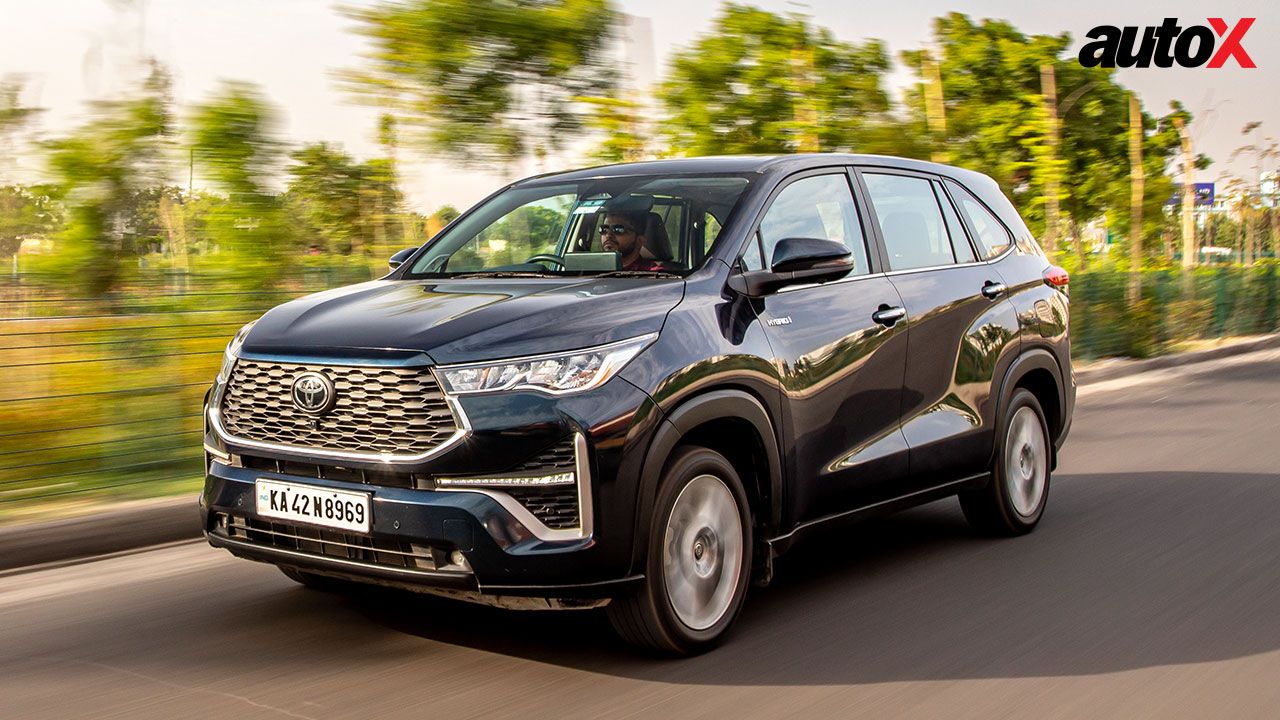
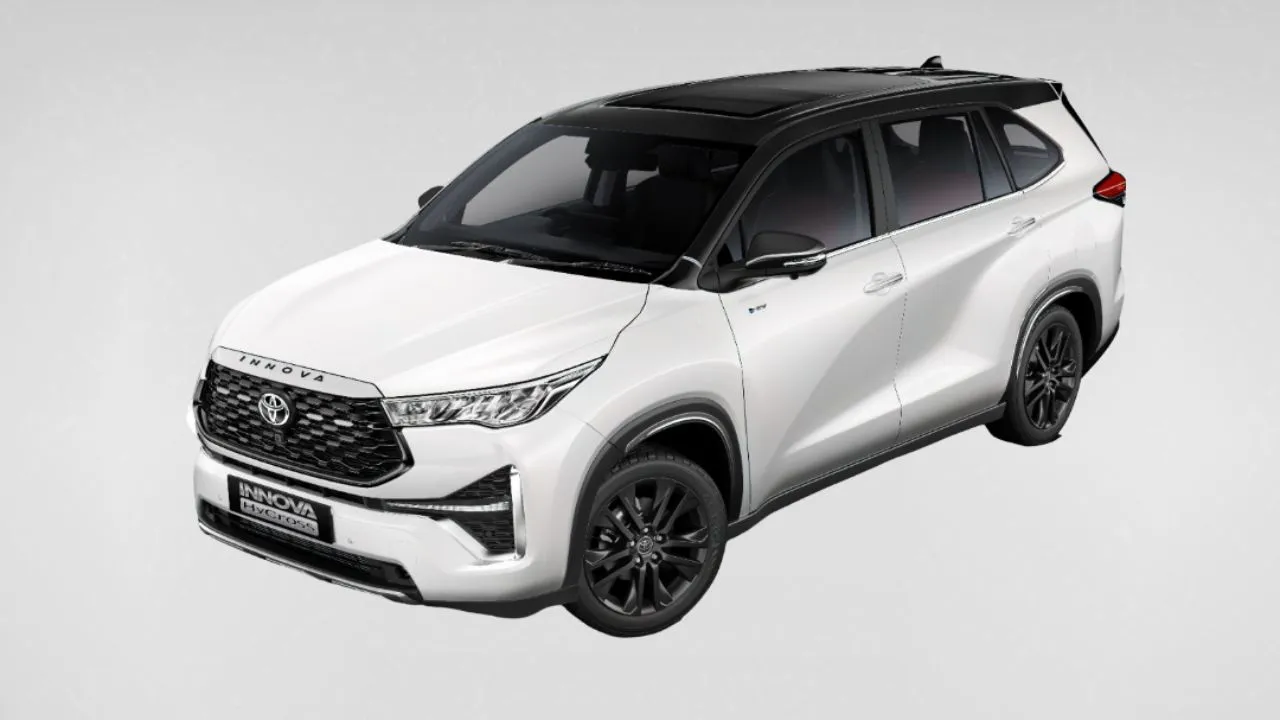

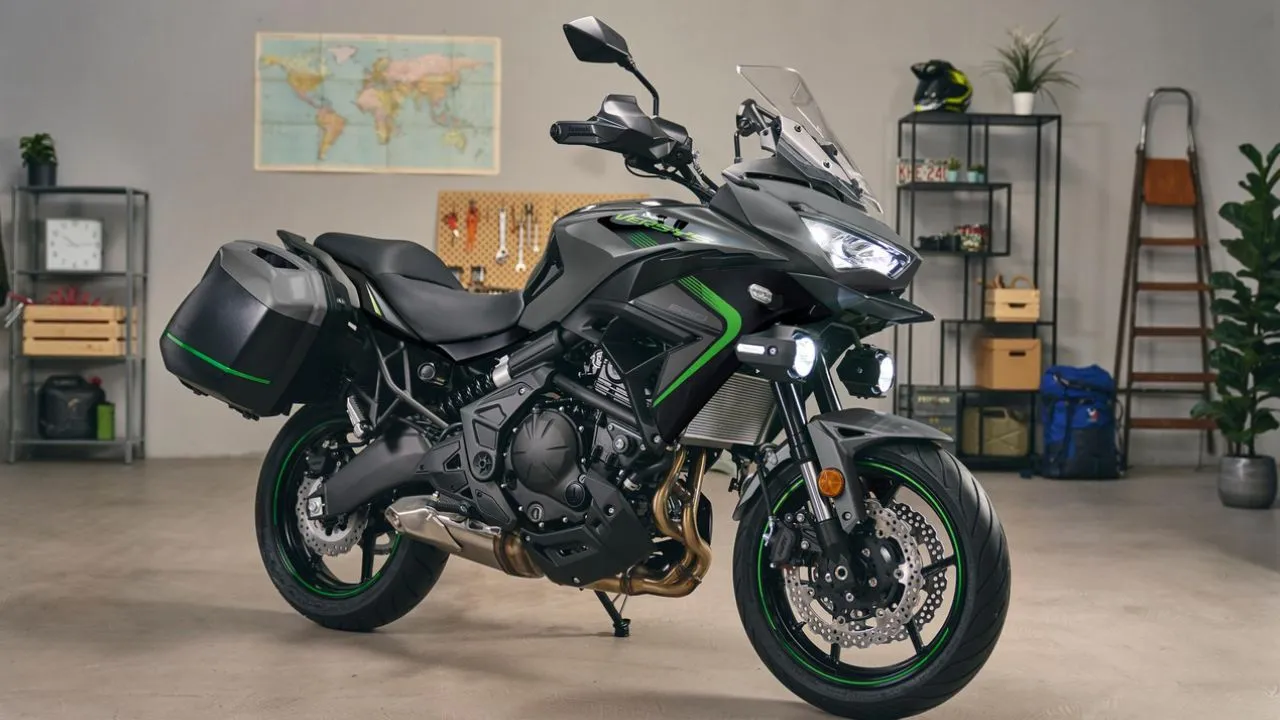
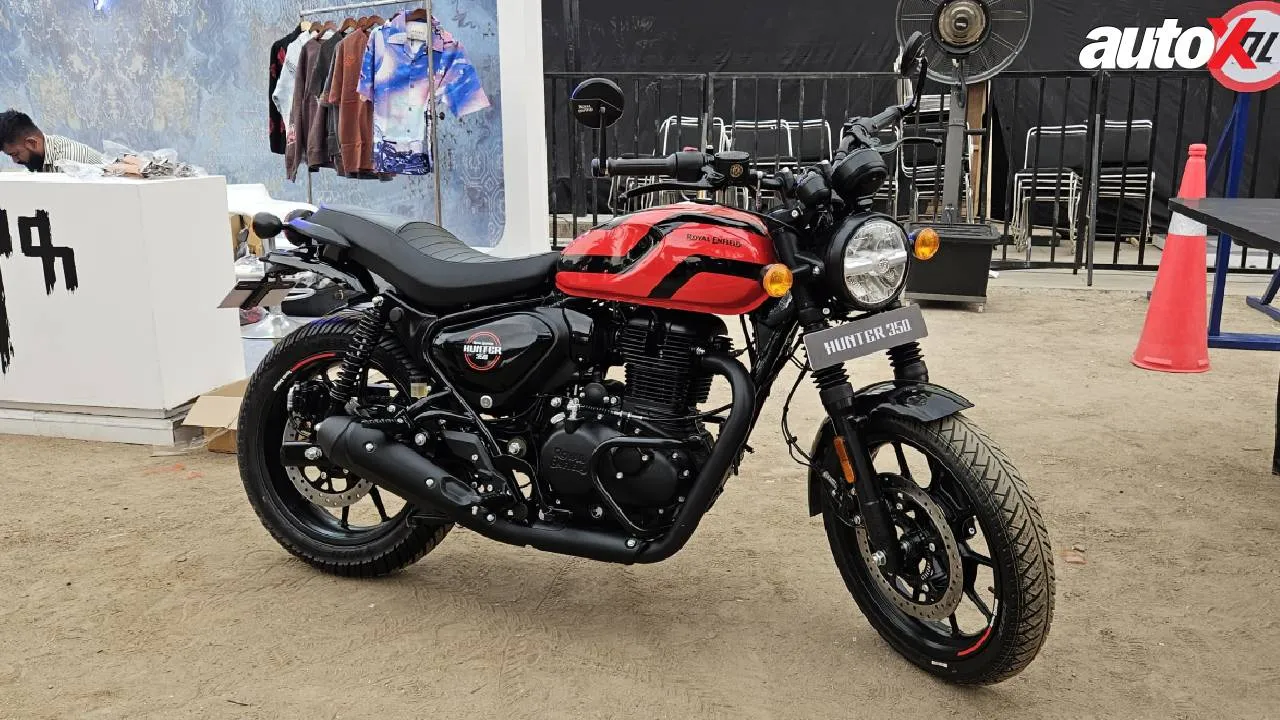


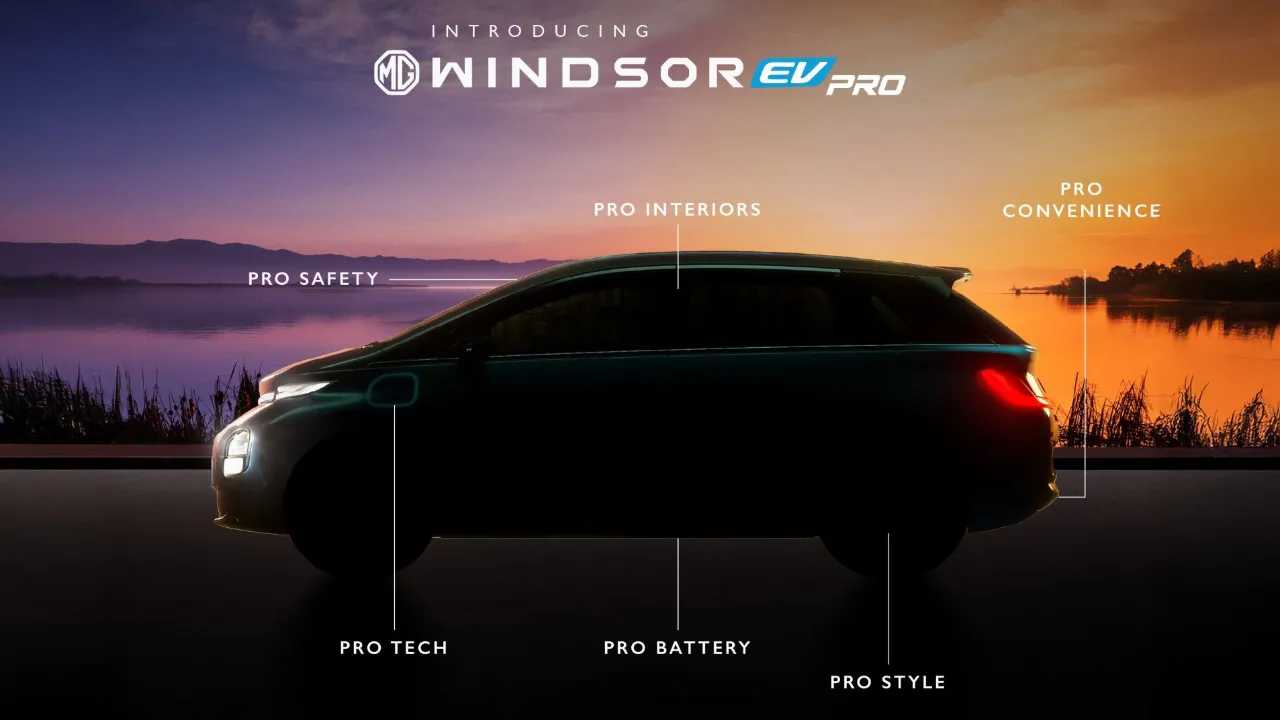
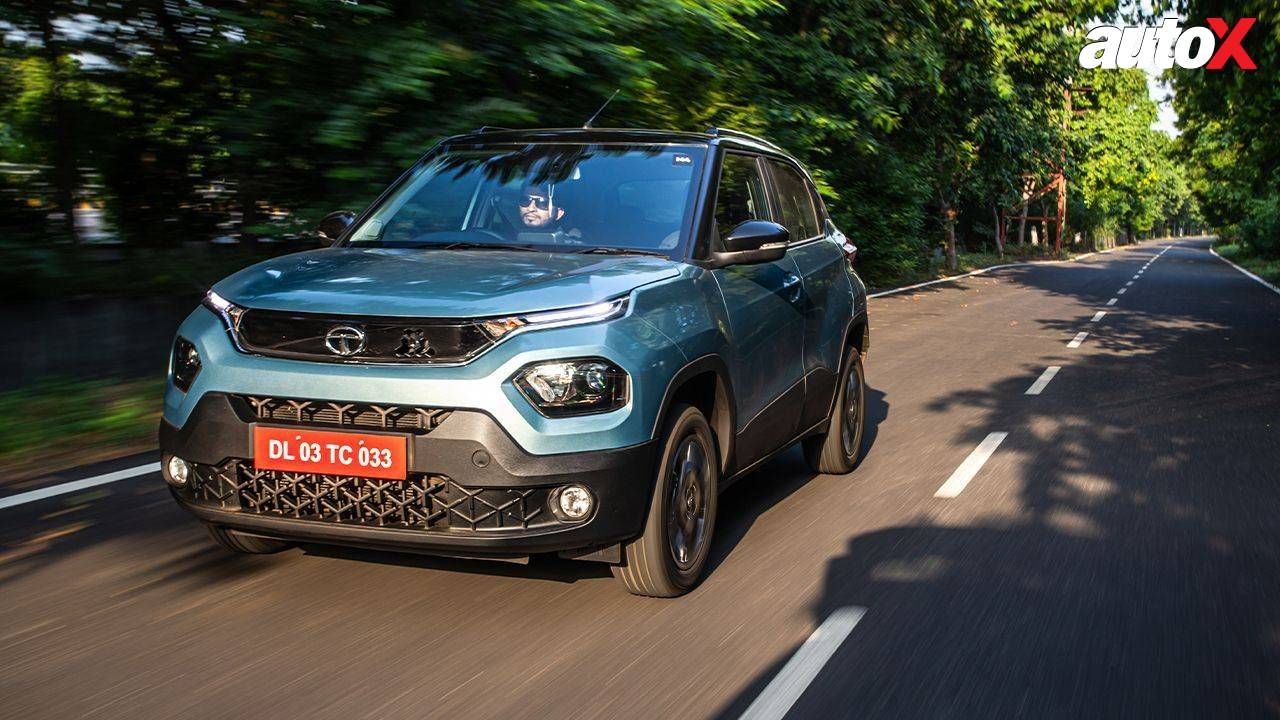
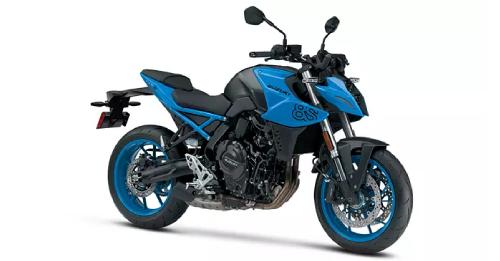
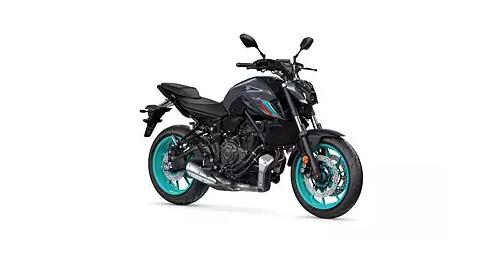
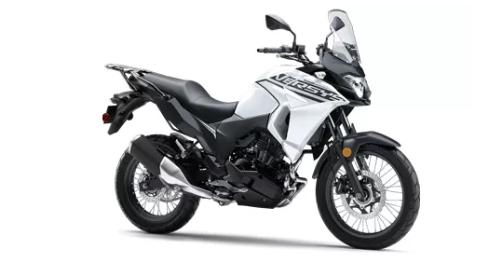
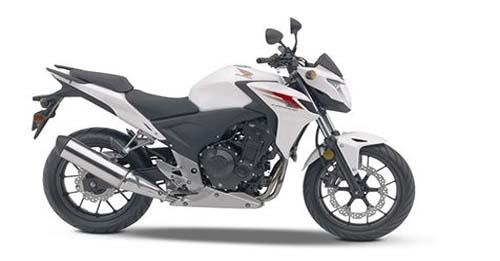
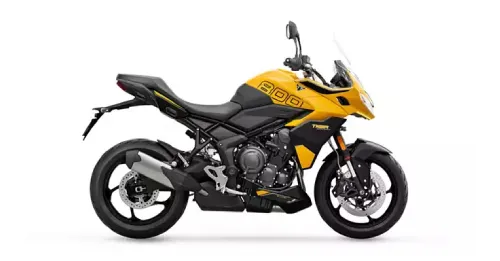









Write your Comment on